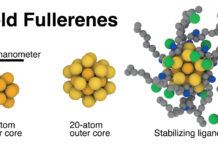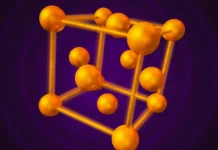
While existing methods can recycle some polymers, like poly(ethylene terephthalate), at relatively high rates, new technology is needed for other types. Note: These data, from EPA, are for the U.S. in 2012 and were published in 2014. Credit: Adapted from Periodic Graphics/Andy Brunning for C&EN
Chemists explore ways to convert plastics into valuable products and to develop intrinsically recyclable polymers
The world’s mounting plastic trash crisis is hard to solve because it has many dimensions: social, technical, and economic. But because chemistry brought the problem into the world, it doesn’t seem unreasonable to look to chemistry for a solution.
Such a solution will require that today’s chemists figure out how to undo the hard work of their predecessors. The polymers we use as plastics were designed to be durable and stable. They’re difficult to break down on purpose.
Now, as the need for finding better ways to handle plastic waste grows, some researchers are finding ways to take plastics apart. Several companies have started up in the past decade to capitalize on these processes. Some methods return plastics to their monomeric form in the hope that the reclaimed building blocks might replace fossil fuels as the feedstock for new materials. Other processes yield fuels or additives for other products.
While existing methods can recycle some polymers, like poly(ethylene terephthalate), at relatively high rates, new technology is needed for other types.
Note: These data, from EPA, are for the U.S. in 2012 and were published in 2014
Developing new recycling methods is especially important as the kinds of polymers we use have started to change. A growing number of products and applications, such as cars and wind turbines, are relying on the strength of composite materials made with fiberglass and carbon fiber. These materials use polymer resins that cannot simply be melted and re-formed like other plastics, and chemists are just starting to develop methods for recycling them in research labs.
Read more: Chemistry may have solutions to our plastic trash problem
Image courtesy of cen.acs.org










